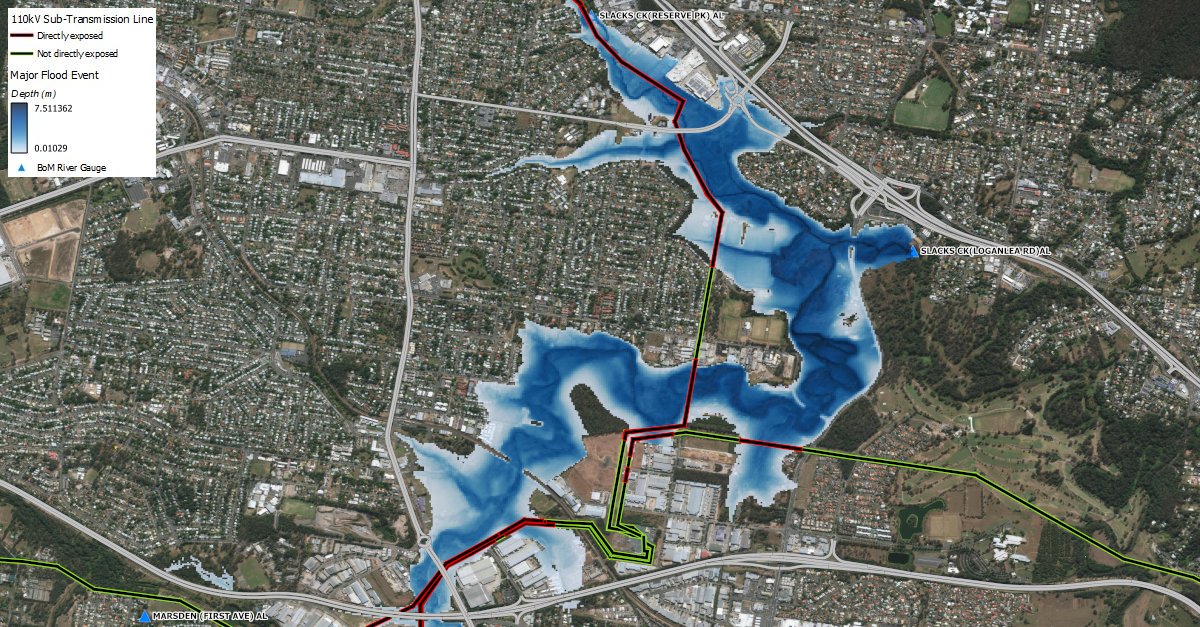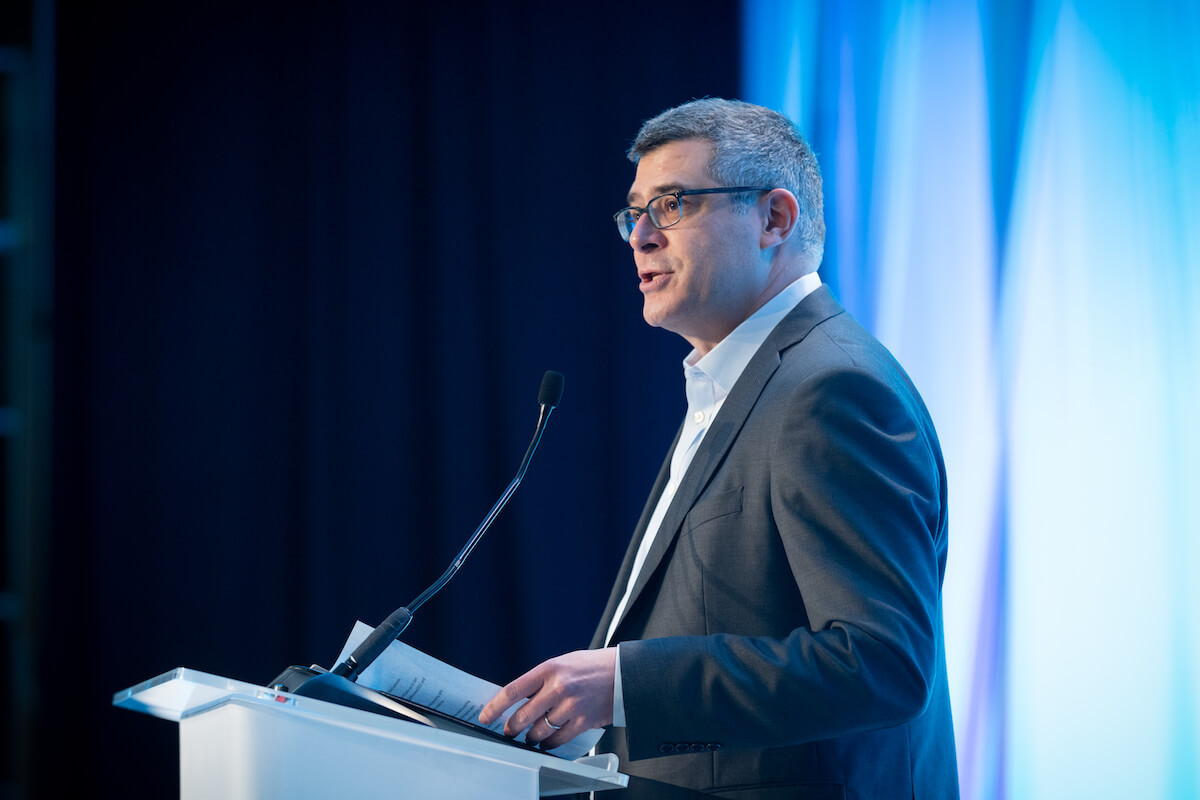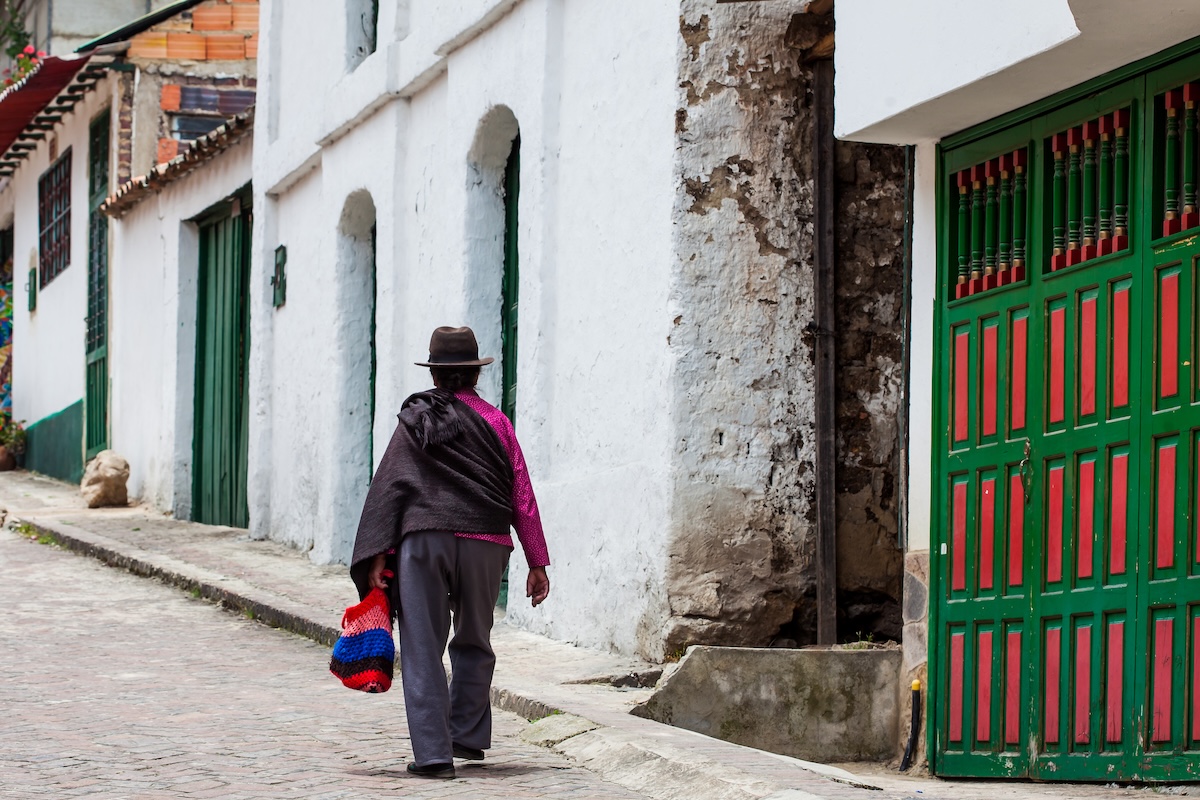This summer, drivers in Virginia’s coastal communities will have a new way to avoid hazardous flood zones generated by climate change. It’s not a new seawall, or an elevated highway. It’s an app, created by a $300,000 investment in the winner of our 2020 Coastal Community Challenge, Floodmapp. And it will start saving lives immediately.
Climate change is a universal challenge that rightly demands big, bold, and transformative responses. The $500 billion (and counting) invested in our transition away from carbon emissions is just the beginning.
But what happens in the meantime to the coastal communities already experiencing the effects of climate change?
Regardless of future reductions in carbon emissions, the millions of people who live on the coastline in the US are dealing with more flooding and other unavoidable disruptions – and these climate disasters will continue to cost billions of dollars every year.
The long-term answer to climate adaptation includes more billion-dollar infrastructure projects – but the short-term answer is to think smaller and experiment.
RISE, the US’s only coastal resilience living lab, has been doing this work for the last five years. And we see a unique opportunity for innovators in other coastal cities to join us.
RISE works to accelerate innovation and business growth by identifying and scaling solutions to coastal communities’ climate resilience challenges. For the last five years, we’ve worked with startups, business leaders, and local government officials on annual Challenges to test new climate adaptation solutions for Hampton Roads, in coastal Virginia, an area with 1.7 million residents experiencing one of the highest rates of sea level rise along the East Coast.
Our Challenges start with a problem – like flood management – and invite startups and small businesses to propose approaches to solving the specific “pain-points” around it, like tidal backflow prevention or stormwater debris and litter control. Together, the Challenge winners develop and demonstrate new solutions that will be piloted in Hampton Roads and scaled to other communities. These solutions can save lives, not to mention billions of dollars — but innovation hubs like ours are low-cost.
Flooding, for example, not only disrupts the daily lives of millions of people – it kills over 100 people annually, numbers that have increased steadily over the last five years because of climate change. Building new seawalls, raising roads, and other infrastructure solutions are necessary and important – but they are generally multi-year, multi-billion-dollar investments. While approvals are being granted and projects are being executed, residents are left stranded, literally and figuratively.
That’s the problem we sought to address in our 2020 Urban Mobility Resilience Challenge. In that Challenge, four finalists were given $10,000 each to develop an app that could guide drivers around high waters by incorporating real-time flooding information into WAZE and other GPS tools in real time.
The winner, Floodmapp, was awarded $300,000 to implement and evaluate a real-time system demonstration in our area. Though their solution needed to be specific to Virginia’s needs, resilience is a global issue; Floodmapp first developed their product in Brisbane, Australia. Like Hampton Roads – as well as cities like Miami and Houston – Brisbane is yet another coastal community facing flooding and other climate change impacts. Through our accelerator program, Floodmapp worked with our local officials, small businesses, and other community leaders to identify many potential customers for the application which would pay for implementation of this system in Hampton Roads and beyond.
For a fraction of the cost of longer-term infrastructure changes, we can not only attract world-class innovators to solve local resilience challenges. We can also save lives today while reducing insurance and other costs. What’s more, implementing these solutions can create jobs and stimulate more equitable economic growth.
The new finalists in this year’s Coastal Community Challenge will be testing solutions to other real-time flooding impacts, with a focus on how AI and machine learning can replace – and even improve upon – expensive and risky in-person assessments of flood-related property damage:
- Forerunner builds decision-support tools that mobilize hard-to-aggregate data to streamline floodplain management, compliance, and outreach. With RISE’s help, Forerunner will pilot new features that can estimate citywide per-property flood damage potential for disaster planning and insurance purposes.
- Hosta Labs utilizes artificial intelligence to automate the analysis of images of houses, providing insight on measurements, materials, and layouts for property insurance carriers and home improvement companies. Hosta Labs will expand its product to building exteriors.
- Smart Walls Construction developed deployable telescopic walls to protect coastal cities from floods and storm surges more affordably and without permanently blocking the view of the water. The technology was successfully validated in laboratory tests. Smart Walls will conduct a real-world pilot, fine-tune its business model, and prepare for market launch.
- StormSensor is a climate tech startup that tracks flooding and overflows within storm, sewer, and coastal systems. With RISE’s help, StormSensor will test and launch new features to detect clogs in stormwater systems to help cities prioritize maintenance and reduce flood risk.
- True Flood Risk utilizes an AI-driven property risk management platform to provide global climate risk analytics and geolocation intelligence related to flooding. True Flood Risk will advance and pilot its patent-pending online tool that instantly estimates structural height of properties without a manual onsite inspection.
Climate change is a daunting challenge, but there are things we can do right now to mitigate its impacts. RISE’s innovation hub model and the solutions we’ve funded are all scalable to other coastal communities seeking solutions to existing climate change challenges that also help them build a better and more resilient future.
Paul Robinson is the executive director of RISE. Katerina Oskarsson is the nonprofit’s chief strategy officer.











